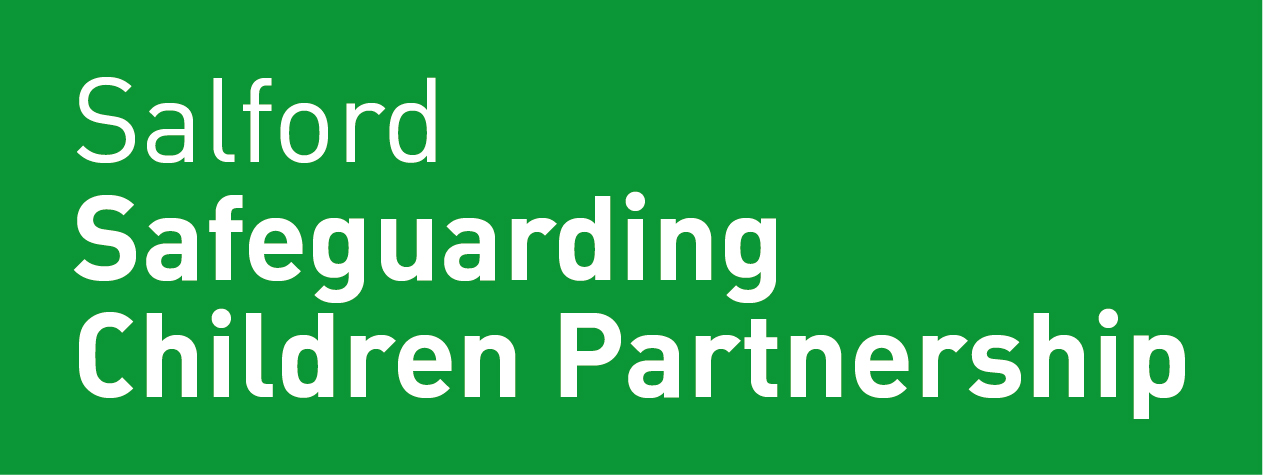The online world and you
It's really important to have fun online in a safe way. Whether you're playing games, chatting to friends or creating content for social media platforms, it's worth remembering some basics.
Check out the information below and enjoy looking at the websites we have signposted for you.
What does 'keeping safe online' mean?
In a lot of ways staying safe online is a lot like staying safe in the real world. Talking to strangers, sharing too much information, saying things that might upset others and saying, sharing and doing certain things can affect your safety, online reputation and digital footprint.
How can I protect myself online?
Internet safety tips:
Childline offer further advice and support on bullying and cyber bullying. You can also visit the Anti-bullying alliance for more information.
Warning signs when you're chatting online
- If the person tries to insist on having your address or phone number
- If the person emails you pictures which make you feel uncomfortable and which you would not want to show to anyone else
- If the person wants to keep their chats with you secret
- If the person tells you that you will get into trouble if you tell an adult what has been going on
- If the person wants you to email them pictures of yourself or use a webcam in a way which makes you feel uncomfortable
- If the person shares information with you and tells you not to tell anyone else about it
- If the person wants to meet you and tells you not to let anyone know
You can find out more about grooming and what it means here.
We all know it is never a good idea to share nudes and no one should ever pressure you for them. It's important to understand consent and what it means. If you are asked for them, speak to a trusted adult; that might be whoever cares for you, a teacher, a youth worker or someone similar. If someone is asking you to do things you are not comfortable with, you can make a report to CEOP who will provide you with advice. If you think you or someone you know is in immediate serious danger tell an adult and phone 999.
If nude images of you or someone you know do end up being shared around or appear on websites, speak to an adult (we know this can be embarrassing but adults will be more bothered about keeping you safe). You might also get in touch with CEOP.
Child line also have an image removal tool. This may be able to help you in getting images taken down off websites or other online platforms. Remember though, completely removing something from the internet can be very difficult and pictures, videos and words can last forever online.
Most social media platforms ask you to be 13 years old to use them. This doesn't mean everyone is ready as soon as they reach 13. Different sites do different things so it's really important to discuss with your parents/carers before you sign up and also check out what the platform does, so you know what to expect. A good way to find out is through this website common sense media. You can type in any app, game, movie TV show etc. and it will give you more information about it.
If it is agreed for you to join a social media platform, take time to learn how to keep things private, how to block people if needed, how to make a report and also (and this is important!) what information the app takes from you.
When you share something online, think about what the most important people in your life would think about it, think about how others will view you and whether in the future you might cringe about the choices you have made. When we press send we lose a lot of control so always think twice.
More information
There's lots of good information to grab hold of about keeping yourself safe online and when using your mobile. Check out:
You can always ring Child Line on 0800 1111 about any problem, at any time (day or night) for help and advice.
Please note that we cannot be held responsible for the content of any of these external websites.
Latest news
Details of all the latest news from the Salford Safeguarding Children Partnership.

